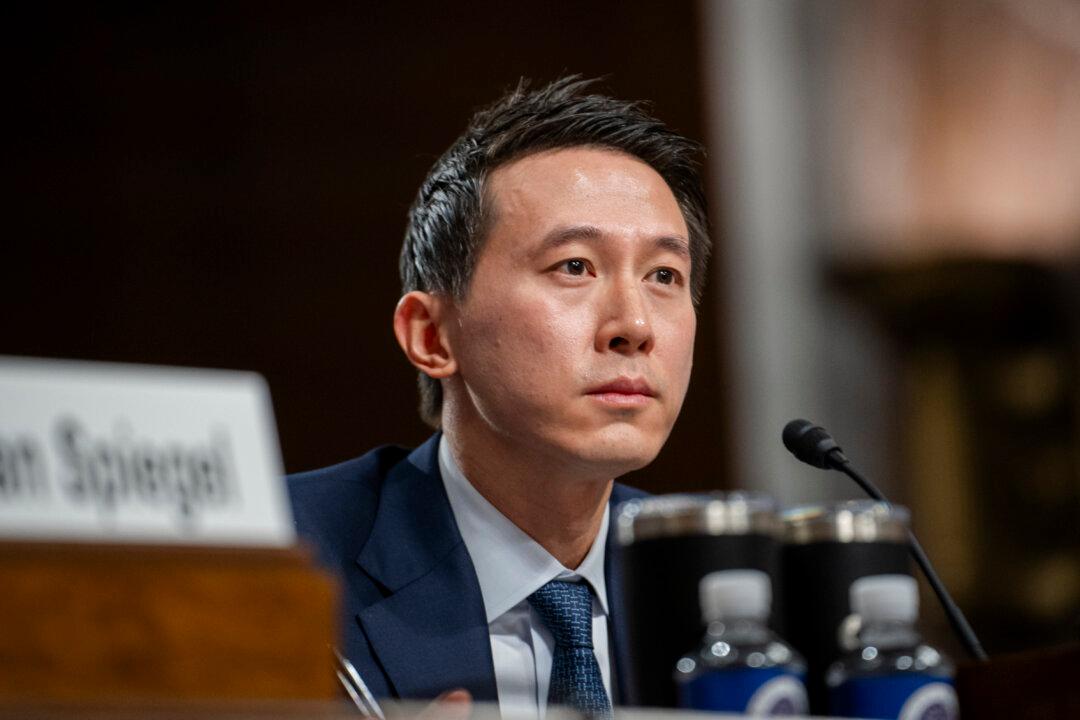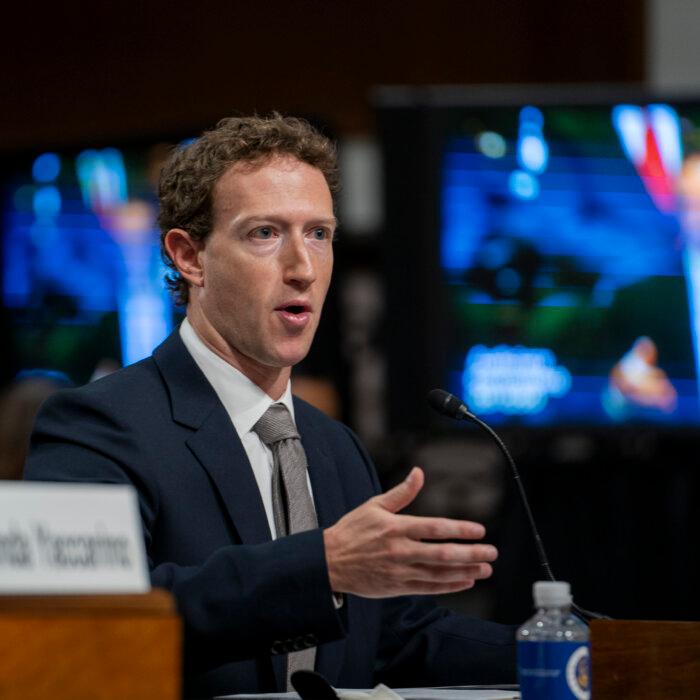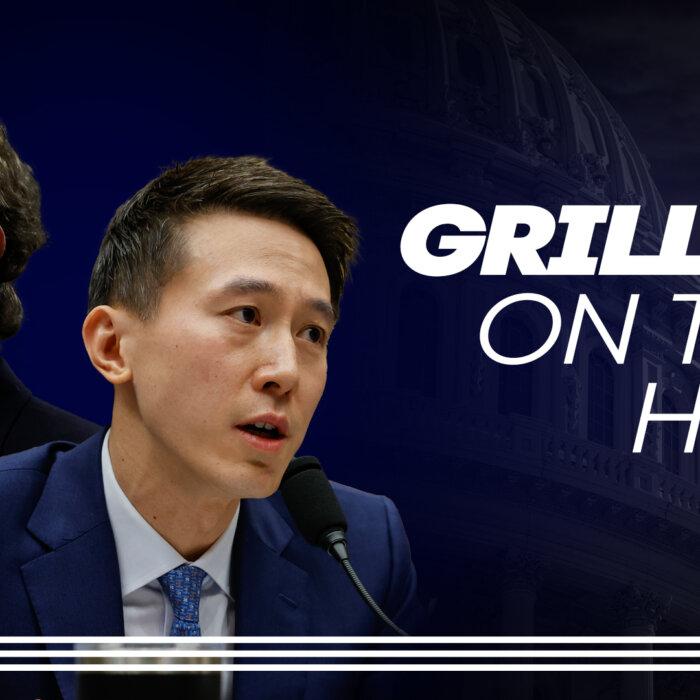Sen. Tom Cotton (R-Ark.) pressed TikTok Chief Executive Officer Shou Zi Chew as to whether the Chinese government participates in the violation of human rights of the Uyghur people during a Jan. 31 hearing before the Senate Judiciary Committee with executives from a number of social media platforms. Mr. Chew failed to give a clear answer to several of the lawmaker’s questions, including his thoughts on the leader of the Chinese Communist Party (CCP).
Mr. Cotton’s questions included a reference to a previous comment by Mr. Chew where he referenced events at Tiananmen Square in June of 1989 as a “protest.” The Arkansas lawmaker asked Mr. Chew whether “anything else happened in Tiananmen Square?”
After Mr. Chow confirmed that it was “well documented there was a massacre,” he went on to assert that the topic of Tiananmen Square and many others thought of as being sensitive to the CCP was welcome on the TikTok platform. However, he was unwilling to offer his opinions on whether he agreed with the Trump administration and the Biden administration that the Chinese government is committing genocide against the Uyghur people.”
Mr. Cotton pressed him further, asking if he agreed with President Joe Biden’s assessment from last year that CCP General Secretary Xi Jinping was a dictator. Mr. Chew responded, saying that he was “not going to comment on any world leader.”
The lawmaker continued to push the TikTok CEO about his answer, questioning whether he was afraid he would lose his job if he said anything negative about the CCP or if he was concerned he would be “arrested and disappear” the next time he went to mainland China. The CEO maintained that he was there to speak about his company and that individuals could speak critically of China on TikTok.
At another portion of the questioning, Mr. Cotton asked Mr. Chew whether TikTok’s parent company, ByteDance, was subject to the 2017 National Security Law, which requires Chinese companies to turn over information to the Chinese government and conceal it from the rest of the world. Mr. Chew answered that any company that does business in China has to “follow the local laws”
In addition to questions about Mr. Chew’s current position at TikTok, Mr. Cotton also asked about the timing of his rise to power there, pointing out that it came shortly after the CCP invested in the company. Mr. Chew said the timing was a “coincidence.” Mr. Cotton also questioned Mr. Chew’s previous employment with a company called Xiaomi, which was sanctioned by the United States government in 2021 for being a Communist Chinese military company.
TikTok’s Content
Other Republicans also had questions about the company’s involvement with the CCP, including Sen. Ted Cruz (R-Texas), who wanted to know how search results were indexed on the app.Mr. Cruz cited a report asserting there were “striking” differences between search results for hashtags such as Taylor Swift, versus those for terms like Tiananmen Square, when compared with results from platforms like Meta’s Instagram. According to Mr. Cruz, for hashtags like “Taylor Swift,” researchers found roughly two Instagram posts for every one on TikTok, versus an eight-to-one ratio for the hashtag “Uyghur.”
The differences reportedly became more pronounced with other topics, such as a 57-to-one for the hashtag Tiananmen Square, and a 174-to-one ratio for the hashtag “Hong Kong protest.”
“Why is it that on Instagram, people can put up a hashtag Hong Kong protest 174 times compared to TikTok? What censorship is TikTok doing at the request of the Chinese government?” Mr. Cruz asked.
Mr. Chew asserted there was “None” and that the analysis cited by Mr. Cruz was “flawed” and had been “debunked by other external sources.” After attempting to explain some differences in how the TikTok search works, he was again asked by the Texas Republican why there would be differences in the way the term search results populate, to which Mr. Chew said that his company’s algorithm “does not suppress any content simply based on the question.”
Sen. Josh Hawley (R-Mo.) also had some questions for the TikTok executive, asking why the platform shouldn’t be banned in the United States since the editor-in-chief of the parent company is a Communist Party secretary.
“Your company has been surveilling Americans for years,” Mr. Hawley said. “According to leaked audio for more than 80 internal TikTok meetings, China-based employees of your company have repeatedly accessed nonpublic data of United States citizens. Your company has tracked journalists, improperly gaining access to their IP addresses and user data in an attempt to identify whether they’re writing negative stories about you.”
Mr. Chew said that he wished to “disagree” with the lawmaker’s “characterization” of his company’s actions and that they have built projects to prevent the leak of information about TikTok users.







